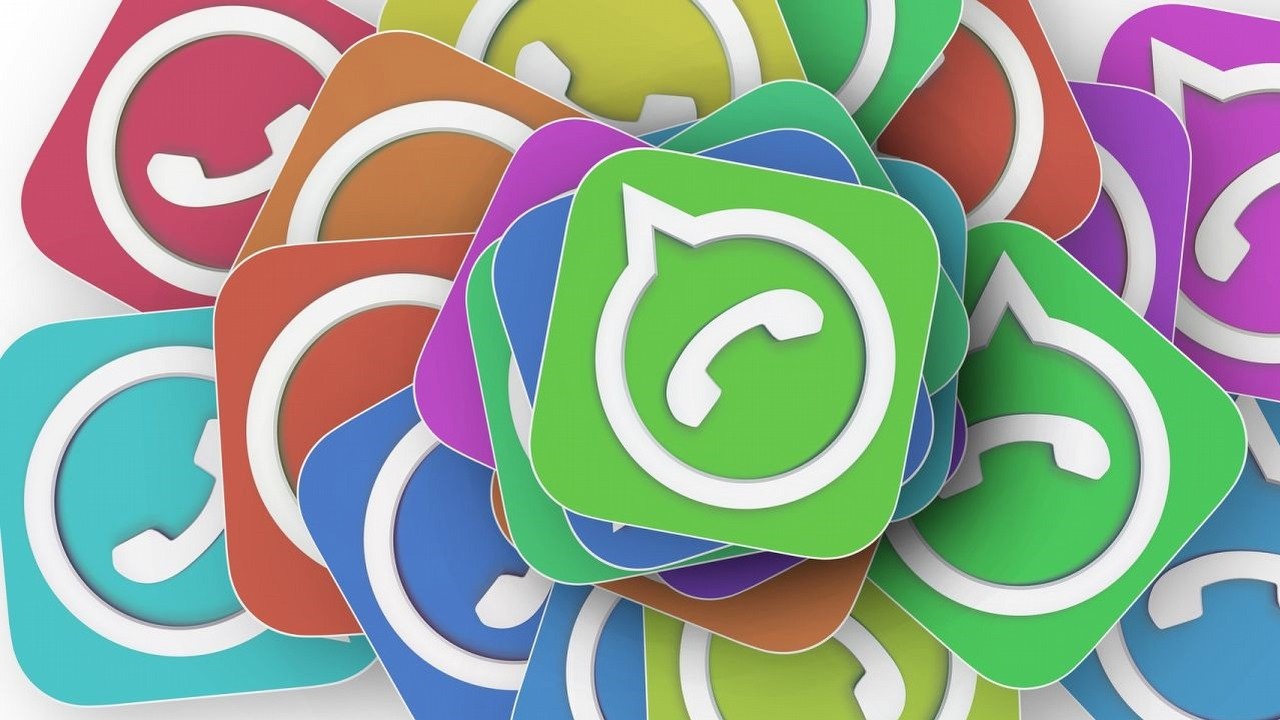WhatsApp Loses Millions of Users but Gains New Virus
Dark clouds are gathering over WhatsApp. First, plans for controversial privacy policy changes, now a virus spreading via messages. The creators of Signal and Telegram are rubbing their hands in glee.

WhatsApp started this year with a bang. The announcement of changes in terms and condictions, further integrating the application with Facebook caused a wave of discontent among users and advertised the non-commercial messenger Signal. Now, new malware has started spreading among WhatsApp users.
The worm disguises itself as the Huawei Mobile app and asks for a number of permissions that enable it to quickly spread among our friends. We don't have to have the app open to spread malicious content to our friends, everything happens in the background. Malware is able to overlap with other apps running on the smartphone, so it can access sensitive information. Lukas Stefanko from ESET worked out how the malware works and demonstrated it on his hardware.
If we already have an infected phone and get a message on WhatsApp, our interlocutor will automatically receive a reply with a link to download the fake Huawei Mobile app. The whole thing works thanks to access to notifications - a permission that we give to the malicious app after installation. In this way, hackers use the feature of quick replies sent directly in the notification, without having to open the app.
Malware's creators have introduced a restriction that prevents sending an infected link more than once per hour to a single contact. So if are having a conversation with someone, our interlocutor will not receive suspicious messages every time he writes something to us.
WhatsApp is sinking?
The malware surfaced at a hot time for WhatsApp and it certainly won't help in retaining users. Announced at the beginning of the year and scheduled for February 8, the changes to app's terms and condition were supposed to integrate the app more strongly with Facebook, allowing data to be sent to personalize ads, among other things. This didn't affect European users, but caused quite a stir in the US, with Elon Musk calling for switching to competing Signal. In an attempt to contain the image crisis, the company only escalated the situation by providing conflicting information about the use of localization data. The situation got out of control and as a result, the changes were postponed until May 15. The official announcement reads that "the latest update is likely to cause confusion" and the extra time will allow the company to "clear up doubts about the misinformation that has been emerging".
WhatsApp's image crisis is benefiting its competitors. According to The Guardian, Telegram gained 25 million users in the first three weeks of January, while Signal gained 7.5 million. Especially the latter number is impressive - just before WhatsApp's rule changes were announced, Signal wasn't even among the 1,000 most popular apps in the UK. The day after the changes were announced, on January 9, it was already the most downloaded app.
0

Author: Konrad Sarzynski
He has enjoyed writing since childhood and always dreamed of writing his own book. He just never expected it to be a scientific monograph. He has PhD in urban studies, which he is happy to brag about to his friends at every possible opportunity. He started his adventure with Webedia in late 2020 in the Tech department. He created texts, ran the technology newsroom, and later co-founded Futurebeat.pl, being responsible for featured articles and hardware tests. Now he focuses on all kinds of builders - both mainstream and indie - which he streams on his Twitch channel. He lives with his cat and wife.
Latest News
- „A lot has become lost in translation.” Swen Vincke suggests that the scandal surrounding Divinity is a big misunderstanding
- Stuck in development limbo for years, ARK 2 is now planned for 2028
- Few people know about it, but it's an RPG mixing Dark Souls and NieR that has received excellent reviews on Steam, and its first DLC will be released soon
- AI „won't make The Witcher 5,” but CD Projekt Red doesn't despise it. Artificial intelligence isn't responsible for massive layoffs in the game industry
- This is expected to be the biggest year in the company's history. Blizzard prepares an offensive that will overshadow previous years

